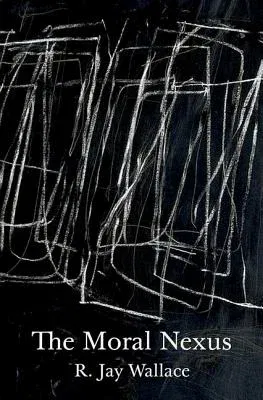The Moral Nexus develops and defends a new interpretation of
morality--namely, as a set of requirements that connect agents
normatively to other persons in a nexus of moral relations. According to
this relational interpretation, moral demands are directed to other
individuals, who have claims that the agent comply with these demands.
Interpersonal morality, so conceived, is the domain of what we owe to
each other, insofar as we are each persons with equal moral standing.
The book offers an interpretative argument for the relational approach.
Specifically, it highlights neglected advantages of this way of
understanding the moral domain; explores important theoretical and
practical presuppositions of relational moral duties; and considers the
normative implications of understanding morality in relational terms.
The book features a novel defense of the relational approach to
morality, which emphasizes the special significance that moral
requirements have, both for agents who are deliberating about what to do
and for those who stand to be affected by their actions. The book argues
that relational moral requirements can be understood to link us to all
individuals whose interests render them vulnerable to our agency,
regardless of whether they stand in any prior relationship to us. It
also offers fresh accounts of some of the moral phenomena that have
seemed to resist treatment in relational terms, showing that the
relational interpretation is a viable framework for understanding our
specific moral obligations to other people.

